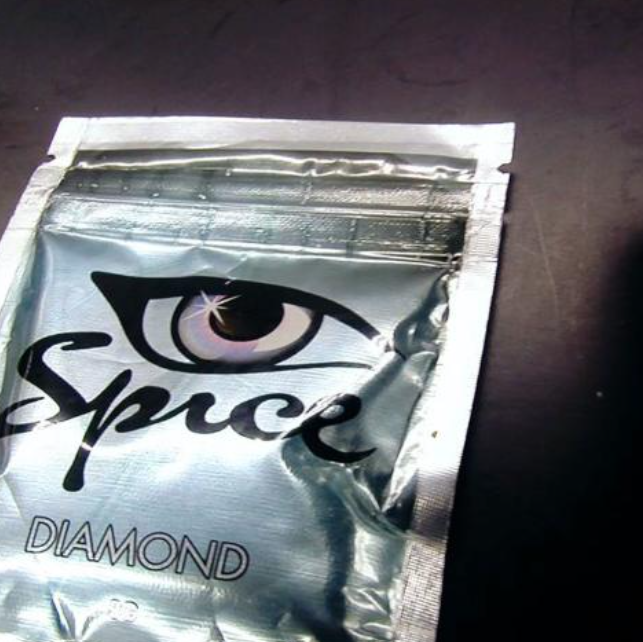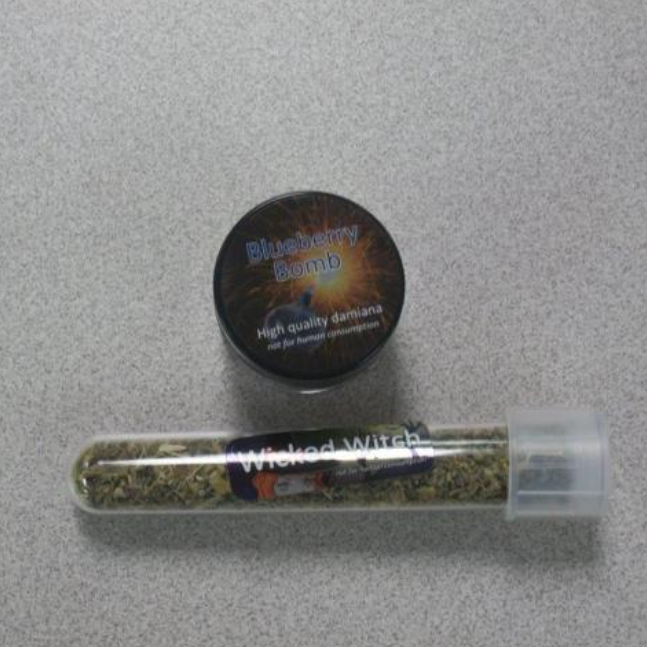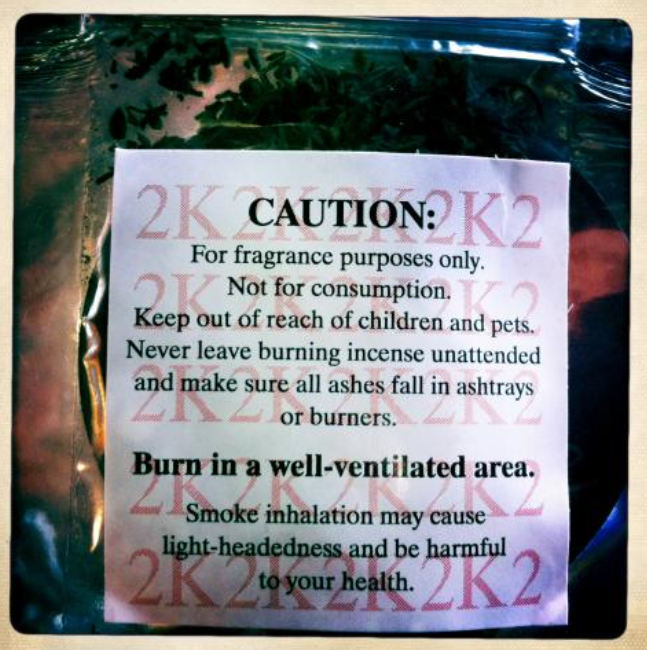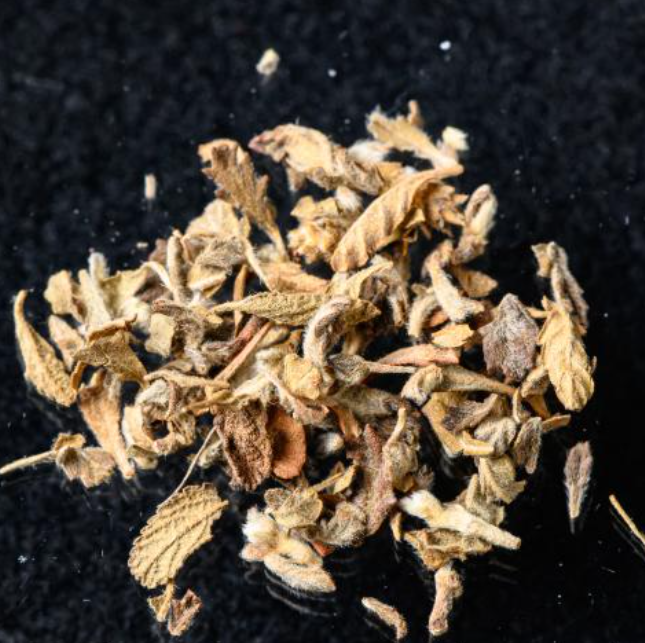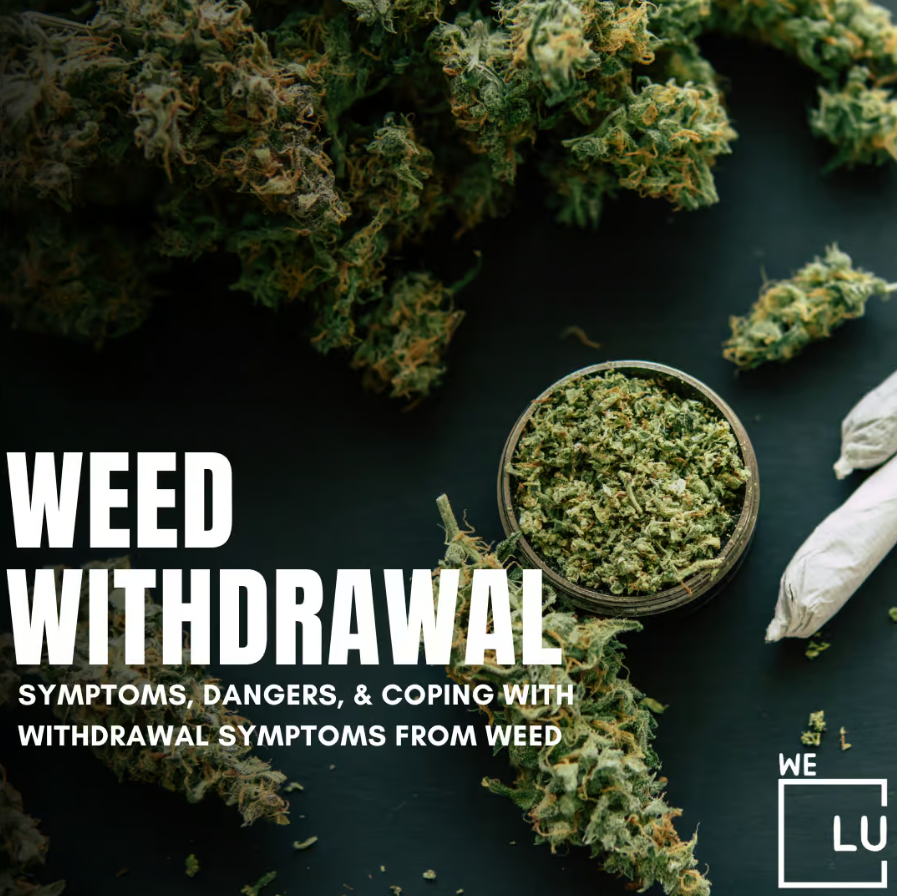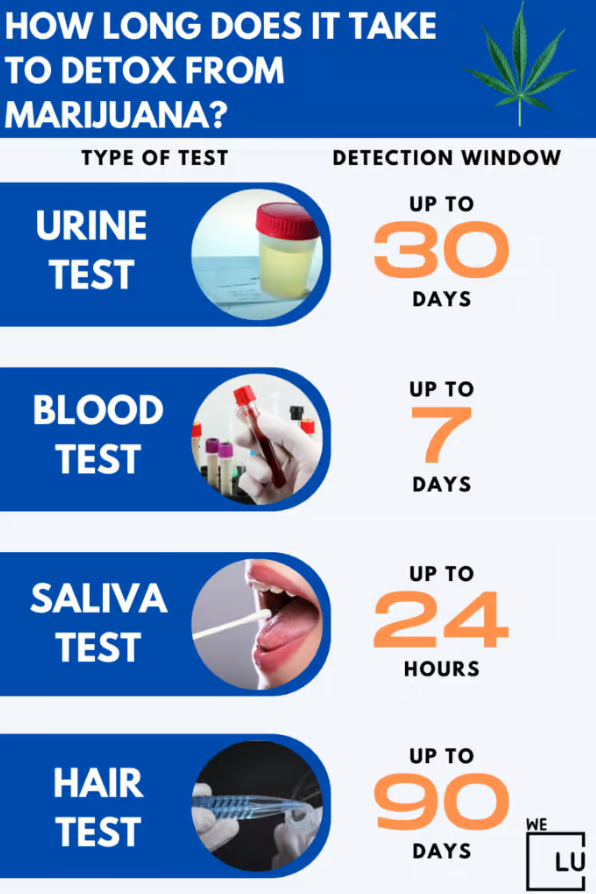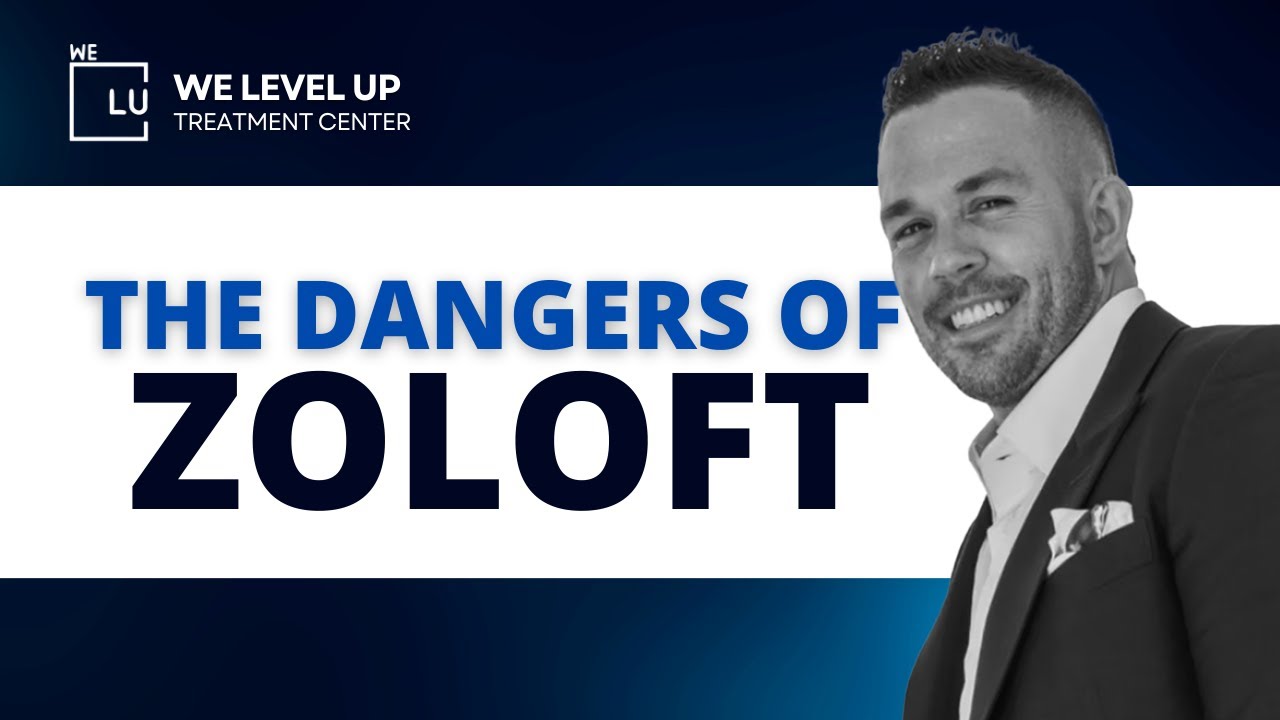What is Synthetic Marijuana?
Several brands of synthetic designer drugs exist, including Spice and K2. THC is the primary active ingredient in marijuana, and these designer drugs are made to mimic its effects.
These substances, which belong to the class of synthetic cannabinoids, are frequently marketed as “herbal incense” or “potpourri.” Despite their deceptive packaging, consumers abuse these items because of their ability to cause mental confusion and euphoria. Sadly, there is frequently little information provided to buyers regarding the possible hazards to their health and safety when using them.
Although they can have quite different effects, synthetic cannabinoids are a family of artificial compounds that share chemical similarities with those found in the cannabis plant. These drugs are often less expensive and easier to obtain than cannabis and go unnoticed by standard urine drug tests.
Seeking professional help for synthetic marijuana addiction treatment is crucial for a safer and more effective process, providing essential support for both physical and psychological aspects.
Make this your opportunity to reclaim your life. Call We Level Up Texas marijuana and synthetic cannabinoids rehab 24/7 for consultation. Every call is free and confidential.
Synthetic Marijuanas Name
Numerous individuals resort to using slang terms to refer to their drug use discreetly. This practice allows them to discuss substances without drawing attention or raising suspicion.
The most common slang terms include:
- Spice.
- K2.
- RedX Dawn.
- Paradise.
- Demon.
- Black Magic.
- Spike.
- Mr. Nice Guy.
- Ninja.
- Zohai.
- Dream.
- Genie.
- Sence.
- Smoke.
- Skunk.
- Serenity.
- Yucatan.
- Fire.
- Skooby Snax.
- Crazy Clown.
This use of coded language is an expected behavior among individuals who want to conceal their drug-related discussions from others who may disapprove or intervene.
What is Spice Drug?
Spice drugs are blends of herbs sprayed with artificial compounds that mimic the psychoactive component of marijuana, known as tetrahydrocannabinol (THC). The impact can vary based on factors like the following:
- Amount used.
- How it’s taken.
- Individual differences.
- If it’s used with other substances.
What is K2 Drug?
K2 is a blend of plant material, herb, and spice combination often covered in artificial compounds called cannabinoids.
Image Source: Drug Enforcement Administration (.gov)
Skip To:
Learn More:
How is Synthetic Marijuana Abused?
Spraying or mixing synthetic cannabinoids on plant material provides a conveyance for the most common route of administration:
- Sprayed onto plant material and smoked.
- Blended into a liquid and vaped in electronic nicotine delivery devices (such as e-cigarettes).
- Added to herbal tea or food and swallowed.
Synthetic Marijuana Effects
The risk of synthetic cannabinoids stems from the fact that their contents are always unknown. The consequences are hazardous and unexpected for consumers because of this uncertainty.
Here are the most common effects:
- Euphoria.
- Relaxation.
- Altered perception of time.
- Increased sensory perception.
- Heightened awareness.
- Impaired coordination.
- Anxiety.
- Paranoia.
- Agitation.
- Nausea.
- Vomiting.
- Hallucinations.
- Delusions.
- Increased heart rate.
- High blood pressure.
- Dizziness.
- Confusion.
- Memory impairment.
- Psychosis.
- Seizures.
Dangers of Synthetic Marijuana Abuse
The Drug Enforcement Administration (DEA) [1] has taken steps to prohibit many of these substances at the Federal level due to the health risks they can cause, including the following:
- Physical Health:
- Respiratory issues.
- Cardiovascular problems.
- Nausea and vomiting.
- Seizures.
- Tremors.
- Muscle damage.
- Kidney damage.
- Mental Health:
- Anxiety.
- Paranoia.
- Agitation.
- Hallucinations.
- Delusions.
- Psychosis.
- Memory impairment.
- Social and Occupational Consequences:
- Impaired judgment.
- Decreased productivity.
- Relationship problems.
- Isolation from friends and family.
- Poor academic or work performance.
- Legal issues.
- Addiction and Withdrawal:
- Risk of addiction.
- Withdrawal symptoms, including irritability, insomnia, and anxiety.
- Behavioral Changes:
- Impaired coordination.
- Altered perception of time.
- Risk-taking behavior.
- Aggressive behavior.
- Cognitive Impairment:
- Difficulty concentrating.
- Confusion.
- Cognitive decline.
- Accidents and Injuries:
- Increased risk of accidents due to poor coordination and judgment.
- Medical Emergencies:
- Medical emergencies such as seizures, heart attacks, or strokes.
- Unknown Long-Term Effects:
- Limited understanding of potential long-term health consequences.
- Contaminants and Inconsistencies:
- Risk of exposure to harmful chemicals or inconsistent potency in synthetic formulations.
If you’re detoxing from synthetic cannabinoids or marijuana, get resources for treatment counseling that works. Discover professional help from We Level Up Texas’ addiction and mental health therapists. Start getting support with a free call to our addiction hotline.
Get Help. Get Better. Get Your Life Back.
Searching for Accredited Drug and Alcohol Rehab Centers Near You? We Level Up Texas Is Opening Soon!
Even if you have failed previously and relapsed, or are in the middle of a difficult crisis, we stand ready to support you. Our trusted behavioral health specialists will not give up on you. When you feel ready or just want someone to speak to about therapy alternatives to change your life call us. Even if we cannot assist you, we will lead you to wherever you can get support. There is no obligation. Call our network hotline today.
FREE Addiction Hotline – Call 24/7What are Synthetic Marijuana Withdrawal Symptoms?
If you suddenly stop using synthetic marijuana, you may have the following symptoms:
- Headache.
- Nausea and vomiting.
- Severe anxiety.
- Sweating.
- Trouble sleeping.
You may have more severe symptoms if you use synthetic cannabinoids frequently for an extended period and suddenly stop, such as:
- Breathing problems.
- Chest pain.
- Palpitations.
- Rapid heart rate.
- Seizures.
Experts think that the severity of these symptoms is related to how much synthetic cannabinoid is used and for how long.
The best detox for synthetic marijuana is with professional support and treatment. If you’re seeking assistance with your weed addiction rehab journey, reach out to a We Level Up Texas treatment professional today—your call is free and confidential.
Opening Soon! First-Class Facilities & Amenities
World-Class High-Quality Addiction & Mental Health Rehabilitation Treatment
Coming Soon! Rehab Centers TourRenowned Addiction Centers. Serene Private Facilities. Inpatient Rehab Programs Vary.
FREE Addiction Hotline – Call 24/7Proven recovery success experience, backed by a Team with History of:
15+
Years of Unified Experience
100s
5-Star Reviews Across Our Centers
10K
Recovery Success Stories Across Our Network
- Low Patient to Therapist Ratio
- Onsite Medical Detox Center
- Comprehensive Dual-Diagnosis Treatment
- Complimentary Family & Alumni Programs
- Coaching, Recovery & Personal Development Events
We Level Up Texas Synthetic Marijuana Rehab Center
For synthetic marijuana addiction, inpatient treatment is advised when clients need a controlled and advantageous environment to treat their dependency completely. To successfully manage withdrawal symptoms, this intensive residential setting provides round-the-clock medical monitoring, therapeutic therapies, and support.
Through counseling, group therapy, and skill-building sessions, inpatient treatment also delivers an evidence-based and comprehensive approach to address the psychological elements of addiction that influence it.
Inpatient rehab is a more regulated and reassuring atmosphere, and it is highly advised for synthetic marijuana addiction. Relapse during the early stages of rehabilitation is less likely in the controlled setting because it restricts external triggers and distractions.
To provide you with a greater level of care and support while medical professionals navigate the difficulties of eliminating synthetic marijuana dependency and building a foundation for sustained recovery, this all-encompassing approach takes into account both the physical and psychological components of marijuana addiction.
Get a free rehab insurance check without any obligation.
Opening Soon! World-class, Accredited, Anticipated 5-Star Reviewed, Effective Addiction & Mental Health Programs. Complete Behavioral Health Inpatient Rehab, Detox plus Co-occuring Disorders Therapy.
FREE Addiction Hotline – Call 24/7End the Addiction Pain. End the Emotional Rollercoaster. Get Your Life Back. Start Drug, Alcohol & Dual Diagnosis Mental Health Treatment Now. Get Free No-obligation Guidance by Substance Abuse Specialists Who Understand Addiction & Mental Health Recovery & Know How to Help.
Withdrawal Symptoms From Weed (Marijuana) Timeline, Effects and Addiction Dangers | Informative Video
Start a New Life
Begin with a free call to an addiction & behavioral health treatment advisor. Learn more about our dual-diagnosis programs. The We Level Up treatment center network delivers recovery programs that vary by each treatment facility. Call to learn more.
- Personalized Care
- Caring Accountable Staff
- World-class Amenities
- Licensed & Accredited
- Renowned w/ 100s 5-Star Reviews
We’ll Call You
Search We Level Up Texas Synthetic Marijuana Addiction Treatment, Mental Health Topics & Resources
Sources
- Spice/ K2, Synthetic Marijuana – Drug Enforcement Administration (DEA)
- Antoniou T, Juurlink DN. Synthetic cannabinoids. CMAJ. 2014 Feb 18;186(3):210. Doi: 10.1503/cmaj.130510. Epub 2013 Oct 7. PMID: 24101614; PMCID: PMC3928213.
- Cohen K, Weinstein AM. Synthetic and Non-synthetic Cannabinoid Drugs and Their Adverse Effects -A Review From Public Health Prospective. Front Public Health. 2018 Jun 7;6:162. Doi: 10.3389/fpubh.2018.00162. PMID: 29930934; PMCID: PMC5999798. Research related to What is in synthetic marijuanas? What is synthetic marijuanas?Synthetic marijuanas withdrawal.
- Cannabis (Marijuana) and Cannabinoids: What You Need To Know – National Center for Complementary and Integrative Health (.gov)
- Drug Fact Sheet: K2/Spice – Drug Enforcement Administration (DEA)
- Connor JP, Stjepanović D, Budney AJ, Le Foll B, Hall WD. Clinical management of cannabis withdrawal. Addiction. 2022 Jul;117(7):2075-2095. Doi: 10.1111/add.15743. Epub 2022 Jan 10. PMID: 34791767; PMCID: PMC9110555.
- Bonnet U, Preuss UW. The cannabis withdrawal syndrome: current insights. Subst Abuse Rehabil. 2017 Apr 27;8:9-37. Doi: 10.2147/SAR.S109576. PMID: 28490916; PMCID: PMC5414724. https://www.ncbi.nlm.nih.gov/pmc/articles/PMC5414724/
- Zehra A, Burns J, Liu CK, Manza P, Wiers CE, Volkow ND, Wang GJ. Cannabis Addiction and the Brain: a Review. J Neuroimmune Pharmacol. 2018 Dec;13(4):438-452. Doi: 10.1007/s11481-018-9782-9. Epub 2018 Mar 19. PMID: 29556883; PMCID: PMC6223748. https://www.ncbi.nlm.nih.gov/pmc/articles/PMC6223748/
- Patel J, Marwaha R. Cannabis Use Disorder. [Updated 2022 Jul 11]. In: StatPearls [Internet]. Treasure Island (FL): StatPearls Publishing; 2023 Jan-. Available from: https://www.ncbi.nlm.nih.gov/books/NBK538131/
- Budney AJ, Roffman R, Stephens RS, Walker D. Marijuana dependence and its treatment. Addict Sci Clin Pract. 2007 Dec;4(1):4-16. Doi: 10.1151/ascp07414. PMID: 18292704; PMCID: PMC2797098. https://www.ncbi.nlm.nih.gov/pmc/articles/PMC2797098/
- Hasin DS, Keyes KM, Alderson D, Wang S, Aharonovich E, Grant BF. Cannabis withdrawal in the United States: results from NESARC. J Clin Psychiatry. 2008 Sep;69(9):1354-63. Doi: 10.4088/JCP. v69n0902. Epub 2008 Sep 9. PMID: 19012815; PMCID: PMC2777674.
- Higgins K, O’Neill N, O’Hara L, et al. Evidence for public health on novel psychoactive substance use: a mixed-methods study. Southampton (UK): NIHR Journals Library; 2019 Aug. (Public Health Research, No. 7.14.) Chapter 7, Synthetic cannabinoids. Available from: https://www.ncbi.nlm.nih.gov/books/NBK544991/
- Statement from FDA warning about significant health risks of contaminated illegal synthetic cannabinoid products that are being encountered by FDA – Food and Drug Administration (FDA)
